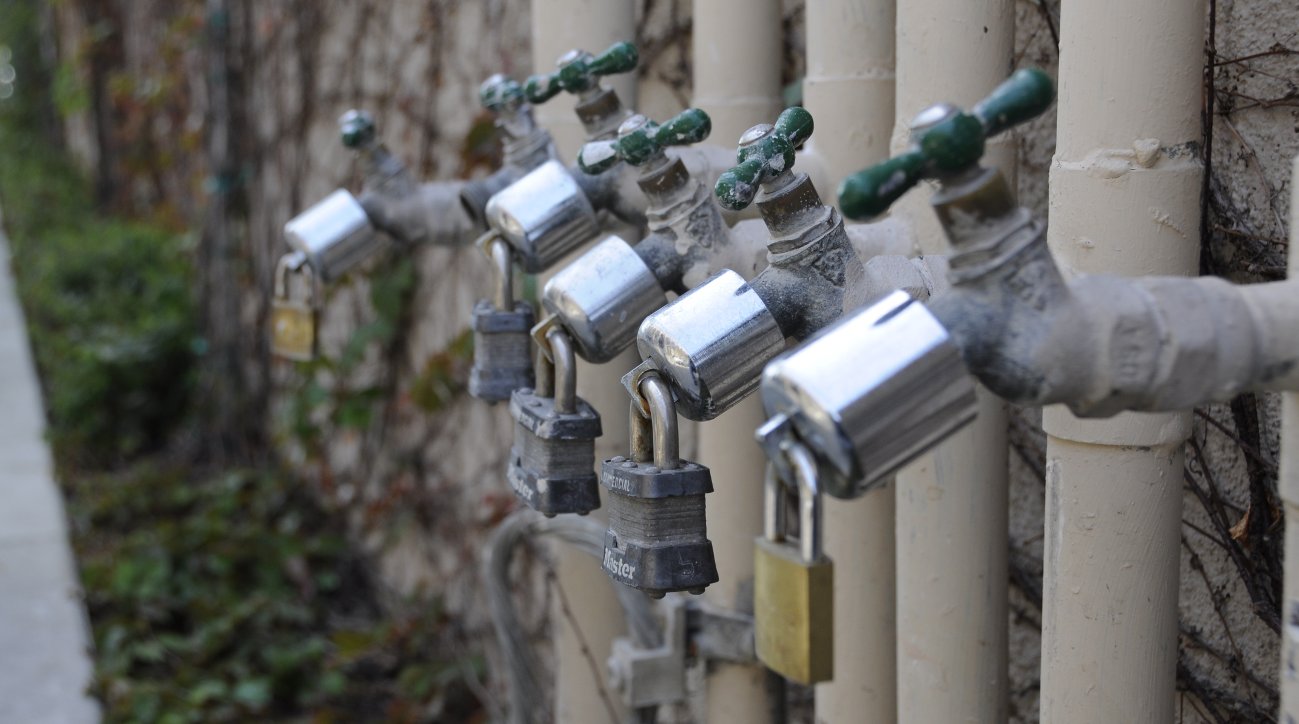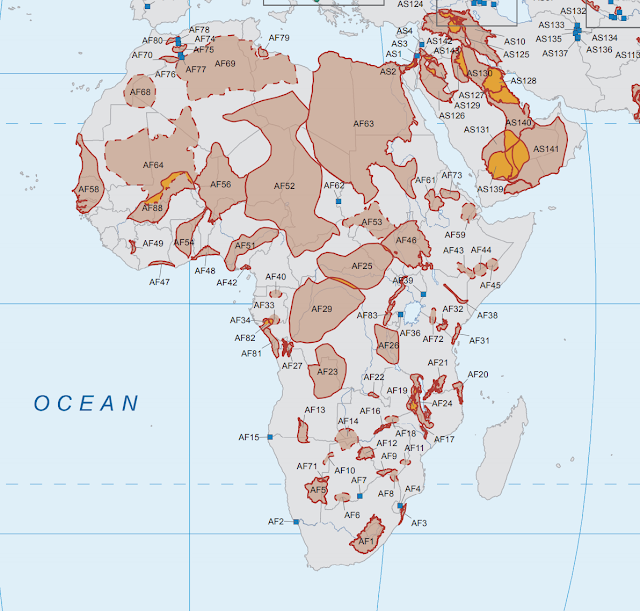Waiting at the Tap - Local Hydropolitics
Waiting at the Tap - Local Hydropolitics

Water is highly political especially as
resources become more stressed. In the previous blogs we have explored the
international dimensions of hydropolitics, hydropolitics are multi-scalar though and also extend to a local scale. Cities are becoming increasingly unequal and
disparities between urban and rural dwellers continue to increase. The
inequalities of water resources and the infrastructures which provide this
vital source of life have become increasingly politicized.
Mother and Daughter fill jerry cans at a pump, Goma in The Democratic Republic of Congo - Source
The ‘Poolitical’
Water not only sustains us through
sustenance with water and food, it also sustains us and our societies through
sanitation and clearance of waste. Though as urban centres continue to swell
the inequalities around the sanitation of urban life have become increasingly
more apparent. Mcfarlane and Silver (2016) use the term ‘Poolitical city’ to
illustrate the politics ‘ostensibly’ concerned with sanitation delivery – which
is often associated with economic dimensions, racial conditions and
sociospatial trajectories. For example, the ‘Toilet wars’ which erupted in
South Africa before the 2011 local government elections (Redfield and Robin2016). South Africa’s promotion of ‘dignified living’ with flushed toilets
meant any sign of inequality in which the townships didn’t have access would
appear a ‘regressive return for South Africa to the racialized indignities of
the past’ (Redfield and Robin 2016). This saw protestors bring faeces from the
literal margins of the city of Cape Town and flinging it at the sanitised
centre. This example vividly illustrates the politicisation of the water
resource with adequate sanitation an important aspect of dignified living.

'Toilet wars' and the 2011 South African election - Source
Waiting at the tap
Access to water resources has also become
highly politicised. There is a marked difference in Africa between those with
access to piped water versus those without access therefore relying on unpiped
water such as wells, handpumps etc. (Thompson et al 2000). But inadequacy
associated with piped water within Africa have led to calls for privatisation
of water resources to fulfil ‘fiscal austerity’ and foster ‘broader economic
liberalisation’ originating with the Washington Consensus and encouragement of
decentralisation and market liberalisation in developing nations (Pierce 2015).
Privatisation is therefore becoming increasingly more prevalent in Sub-Saharan
Africa as the state is increasingly more discredited. Some argue that water
privatisation actually increases performance of the water network and is more
effective than state control, for example the World Bank suggested only about
8% of water in Tanzania was being billed (Bayliss 2003). But others advise
against the privatisation of water arguing for the need to delink ‘global
corporations’ from ‘social welfare’ (Bond 2008) with anti-privatisation
activists arguing against the profiteering from an essential resource with huge
outflow of profit from developing nations to water corporations such as Suez
based in developed nations. It is
argued that African states have been ineffective in supply of water resources,
this dissatisfaction and the promotion of market liberalisation and
decentralisation has led to increasing prevalence of privatisation across
Africa. Though many fear the privatisation of an essential resource, especially
in nations in which the ability to pay is often severely limited.

Who gets access to water? - Source
Waters fundamentality therefore extends
across multiple scales and its scarcity and importance makes it highly politicised.
At the local level water is central to ensuring people can live dignified
lives, not only through the provision of food and water, but also through
sanitation. Water is increasingly being commodified
and expropriated, dispossessing the poorest from this essential
resource.



Comments
Post a Comment